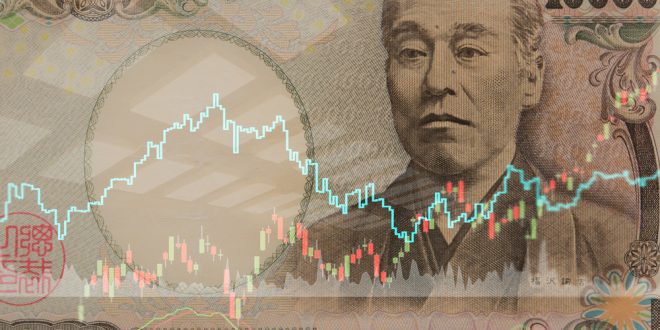Japan’s Nikkei on Friday posted its biggest weekly drop in more than two years, tracking Wall Street’s decline, even as the Bank of Japan kept massive stimulus.
The Nikkei index closed down 1.77 percent at 25,963 points, its lowest closing level since May 12, after falling by 2.7 percent earlier in the session.
The index, which fell in five of the last six sessions, trimmed losses after the Central Bank’s announcement, but nevertheless recorded weekly losses of 6.6 percent, the largest since the week ending on April 3, 2020.
The broader Topix index fell 1.71 percent to 1835.90 percent, and its losses amounted to 5.5 percent during the week.
The Bank of Japan kept interest rates very low on Friday, indicating its intent to focus on supporting the economy’s recovery from the COVID-19 pandemic.
US stocks closed sharply lower on Thursday night amid widespread selling, with fears of a recession growing after moves by central banks around the world to combat rising inflation after the US Federal Reserve raised interest rates by the largest percentage since 1994.
Major technology companies led the Nikkei’s losses, with chip equipment maker Tokyo Electron shedding 5.04 percent and chip testing equipment maker Advantest losing 4.09 percent. The SoftBank Group for Investment in Technology fell 4.24 percent.
The auto and auto parts industry fell 3.23 percent as the yen regained strength against the dollar.
Toyota Motor and Honda Motor Co shares fell 3.6 percent and 2.69 percent, respectively, while parts maker Denso dropped 4.71 percent.
 Noor Trends News, Technical Analysis, Educational Tools and Recommendations
Noor Trends News, Technical Analysis, Educational Tools and Recommendations





